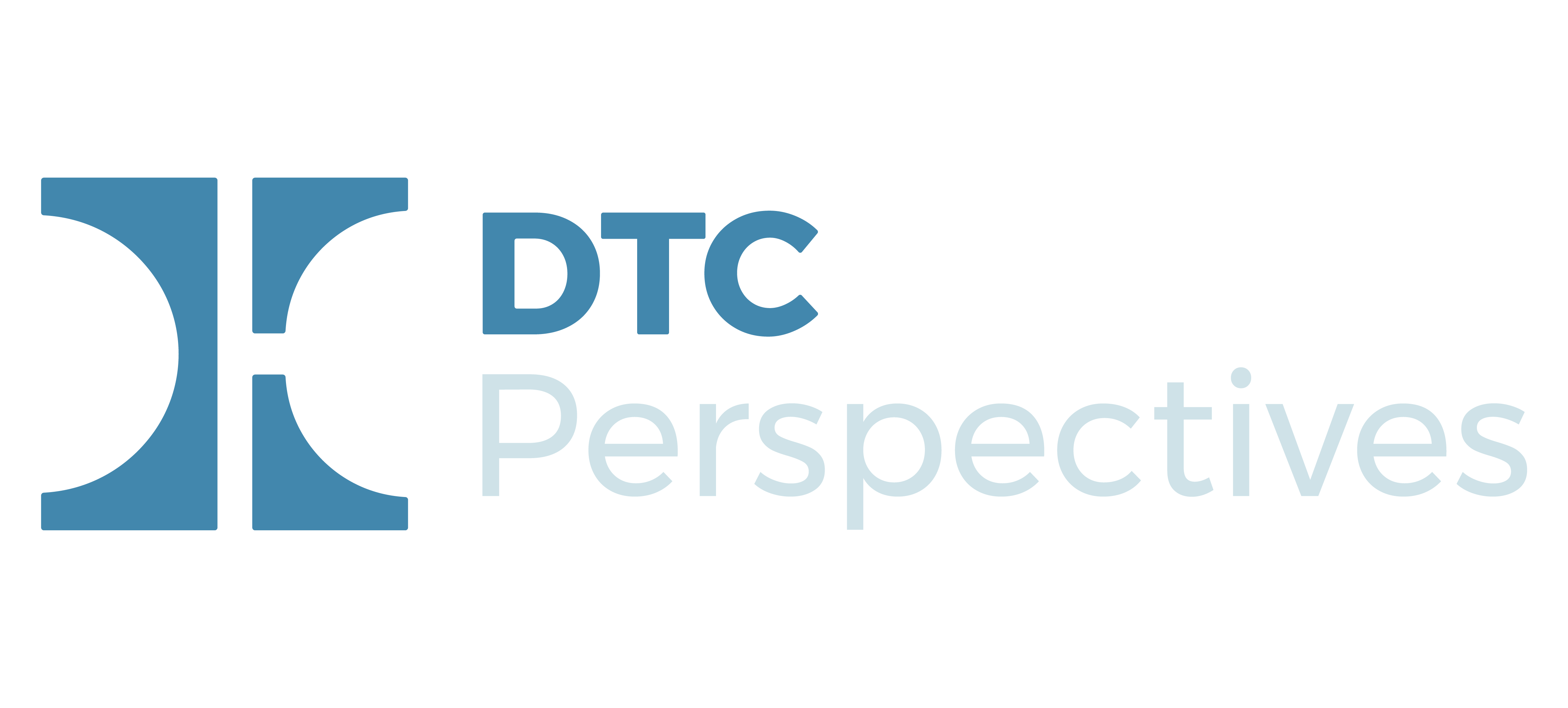Although Google delayed the full phase-out of third-party cookies in Chrome, the digital marketing landscape is still evolving toward a cookieless future. Pharma marketers should utilize this time to refocus on first-party data activation as third-party cookies become less relevant and less reliable.
The 2024 Adobe Cookieless Research Report found that nearly half of the potential market already resides in cookieless environments. However, many marketers remain unprepared.
With Safari and Firefox blocking cookies, pharma marketers must adapt. Here are a few ideas on how:
- Implement Server-Side Tracking Workarounds
- Use server-side tracking methods, such as Meta’s first-party server-side solution, to bypass cookie-blocking and directly collect and share data.
- Double Down on First-Party and Zero-Party Data
- Leverage zero- and first-party data from sources like patient portals, surveys, and HCP platforms (e.g., Doximity and VuMedi). This data is opt-in and more reliable for personalized marketing efforts.
- Leverage Google’s Cookieless Tools
- Take advantage of Google Analytics 4 (GA4), Privacy Sandbox, and Tracking Protection to gather insights and serve relevant, privacy-compliant ads.
- Push Vendors for Cookieless Solutions
- Ensure third-party vendors, such as ad tech providers, offer privacy-compliant solutions like Unified ID 2.0 and consent management platforms (CMPs) for collecting and storing consent.
- Shift to Contextual Targeting
- Adopt contextual targeting to serve ads based on content relevance, bypassing cookies and addressing privacy concerns. It’s more cost-effective and less intrusive.
- Test and Optimize New Tools
- Use the remaining months with cookies to experiment with alternative methods like contextual targeting and emerging tools from Google. Optimize for interoperability across platforms.
- Utilize AI and Cross-Platform Data Modeling
- Use AI to improve cross-platform data modeling and real-time adjustments, even without cookies. This will help pharma marketers track engagement and make better decisions faster.
- Prepare for Attribution Changes
- Explore incrementality testing and multi-touch attribution models to understand the full impact of your campaigns on long patient or HCP journeys.
- Build Trust and Focus on Privacy
- Emphasize privacy transparency in your marketing efforts. With health-related data being extremely sensitive, building trust with patients and healthcare professionals through responsible data handling is key.
- Leverage Real-World Evidence (RWE)
- As third-party data becomes harder to collect, turn to real-world evidence (RWE)—patient and provider data that offer actionable insights into patient behavior, treatment patterns, and outcomes.
As the digital landscape shifts, pharma marketers must use this time to adapt. This is the time to embrace change, build trust, and continue delivering targeted, compliant healthcare marketing.





